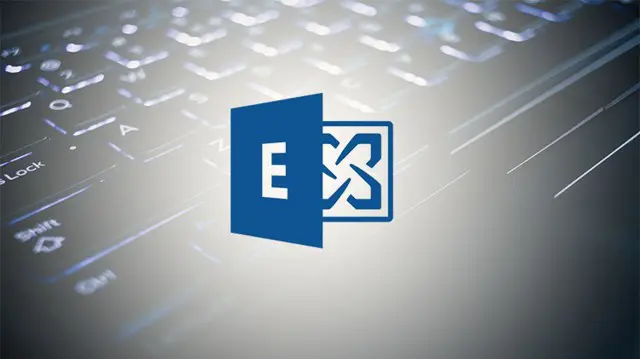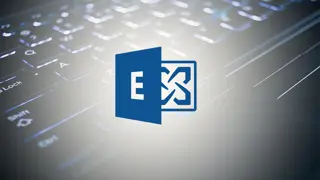
Install and Configure Exchange Server 2019:become a sysadmin
Get started with Exchange Server 2019, learn about its configuration and more in a virtual lab, improve your IT skills
Alexander Gorbunov
Summary
- Reed Courses Certificate of Completion - Free
- Tutor is available to students
Add to basket or enquire
Overview
This course is geared toward getting you up to speed with Exchange Server 2019. Whether you already hold a job as a helpdesk support representative, a desktop technician or are just looking to start your career in IT this course is designed to give you essential skills required to install and configure Exchange Server 2019 for a basic single server scenario that fits a majority of small to medium-sized businesses. The course will show you step by step how to perform initial installation and set up of Exchange Server 2019 along with some daily tasks you will encounter as a system administrator managing an Exchange Server organization. The main requirement for this course is basic knowledge of Windows Server and Active Directory along with fundamental understating of networking and DNS. If you are new to Windows Server and Active Directory, I would recommend checking my previous course on Windows Server 2019. It is a crash course that includes topics like Active Directory, DNS, DHCP and some other topics related to Window Server 2019. This Exchange course is structured to reflect options in the Exchange Admin Center GUI.
Certificates
Reed Courses Certificate of Completion
Digital certificate - Included
Will be downloadable when all lectures have been completed.
Curriculum
Course media
Description
1. Instructor and course Introduction. This is the first section you are currently watching to get an idea of what the course is about and its instructor.
2. Introduction to Exchange server including requirements. In this section I will explain what Exchange server is and what it is for. We will go over all the requirements for it. I will introduce you to my lab set up. Then we will perform a fresh installation of Exchange Server 2019, configure necessary DNS records and install a free SSL certificate.
3. Recipients section. Here we will learn about different types of mail enabled objects like mailboxes, groups and contacts. I will create a few of them and show you how they work.
4. Permissions section. Here will take a look at the permission model with Exchange Server 2019. We will learn about admin and user roles and Outlook Web App policies.
5. Compliance management section. Here we will learn about eDiscovery and hold. We will take a look at how data loss prevention can help your company to have better control of your data. We will discuss auditing; retention polices and tags as well as journal rules.
6. Organization section. Here we will talk about add-ins. We will also take a look at address lists and create some custom address lists.
7. Protection section. Here we will take a look at the malware filter capability Exchange Server provides.
8. Mail flow section. In this section we will take a look at transport rules, delivery reports. We will also discuss send and receive connectors and create new connectors.
9. Mobile section. Here we will learn about how mobile devices connect to your Exchange server and how you can control this access.
10. Public folders section. In this section we will learn about public folders. I will create some public folders and public folder mailboxes and demonstrate how it all works.
11. Servers section. In this section we will take a look at the server settings and discuss mailbox databases. Then we will go over each virtual directory in Exchange server and lastly talk about certificates.
12. Miscellaneous section. In this section I will show you how to install cumulative updates and patches on your Exchange server to protect it from different vulnerabilities.
Requirements
Candidates should be familiar with Windows Server
Candidates should be familiar with Active Directory
Candidates should be familiar with basic networking
To be able to build a lab you need a 64-bit dual-core CPU (preferably quad-core) PC with at least 16 B of RAM (preferably 32GB) and 200 GB of free disk space
Questions and answers
Currently there are no Q&As for this course. Be the first to ask a question.
Reviews
Currently there are no reviews for this course. Be the first to leave a review.
Legal information
This course is advertised on reed.co.uk by the Course Provider, whose terms and conditions apply. Purchases are made directly from the Course Provider, and as such, content and materials are supplied by the Course Provider directly. Reed is acting as agent and not reseller in relation to this course. Reed's only responsibility is to facilitate your payment for the course. It is your responsibility to review and agree to the Course Provider's terms and conditions and satisfy yourself as to the suitability of the course you intend to purchase. Reed will not have any responsibility for the content of the course and/or associated materials.

